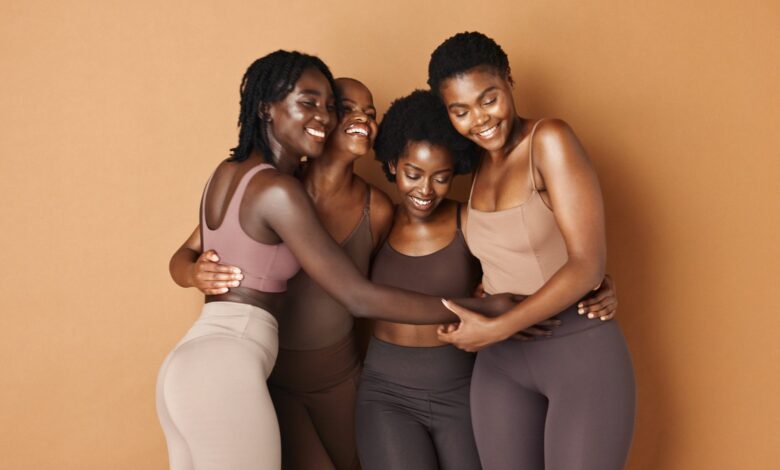Weathering: The Impact on Black Women’s Health

We have all seen examples of black women excelling in career fields or any endeavor they put their minds to. Yet, with how high they climb, each one faces a series of problems that make their rise harder: discrimination, rejection, and a large amount of unhealthy stress. The Black Women’s Health Imperative (BWHI) terms this stress as weathering. It describes the wear and tear the body receives after constant exposure to stress. The BWHI has explored this subject and wants to inform everyone why we need to tackle this issue in 2025. The better we handle this matter, the better the environment is for more women to thrive.
“If we care about the next generation at all, we’ll interrupt this process so that we don’t sentence our daughters and sons to another generation of dealing with something that is absolutely unnecessary,” said Linda Goler Blount, President of BWHI.
The BWHI had been doing research on weathering since early 2000. This organization has been on the front lines advocating for women’s health issues in Congress and communities nationwide. The BWHI discovered prolonged weathering can lead to health problems like high blood pressure and heart disease. Their material also reveals weathering creates depression and mental health issues. Blout explains that when the body is stressed, it releases the hormone cortisol. This hormone empowers the body, but when it is chronically released, it takes a toll on the body. According to Blout, Black women have, on average, 15% more cortisol in their bloodstream at any point in time compared to white women. Weathering has put more women at higher risk of body inflammation and maternal mortality.
“We have the data that is clear about the impact of chronic stress. We have thousands of stories and examples of what that means for us. At the end of the day, this is a community and workforce issue. It’s an economic issue, which means what we’re talking about today is a civil society issue,” said Blount.
Weathering deals with long-term exposure to stress. Blout shares an example of weathering: the frustration one feels at work from microaggressions. Those moments upset you when you are overlooked for your work or not seen for your contributions. When that stress and frustration grows from constantly appearing, the body reacts in different ways.
Weathering was the term coined by Dr. Arlene Geronius in 1992. At the time, she was a Public Health Policy and Administration researcher at the University of Michigan in Ann Arbor. She observed how Black women were not coping well physiologically with what’s considered everyday stresses compared to white women. The BWHI studied Black Women’s well-being in the United States compared to the Caribbean. These studies show that women in the Caribbean had better health outcomes and differences in cortisol levels even though some of those countries are considered developing.
Blout shared another study in which they gave U.S. Black women and white women the same high-fat diet. They found that black women gained more weight and gained it faster. If they were given the same low-fat diet, they’d lose less weight and more slowly. However, the difference was that first-generation women from the Caribbean didn’t have that same experience.
The solution BWHI recommends for this issue is social connection. Blout advises checking in with friends and loved ones so it can improve your emotional health. Social connection can be a buffer from stress. BWHI’s bigger swing towards solving this problem is changing work culture through policy. The organization recently launched Fairworx. It is an AI platform that scans company documentation to detect bias that could happen at the office. Companies can uncover potential red flags before any incidents occur.
Weathering is a serious issue that won’t go away easily. BWHI wants to inform everyone about it so they know it and have the tools to defend against it.
“There is this saying that I’m fond of: ‘ I might not be able to change behavior, but I can cure ignorance.’ We will be laser-focused on curing ignorance over these next few years so people can see the impact on black women, women of color, and low-income women if things continue,” said Blount.



